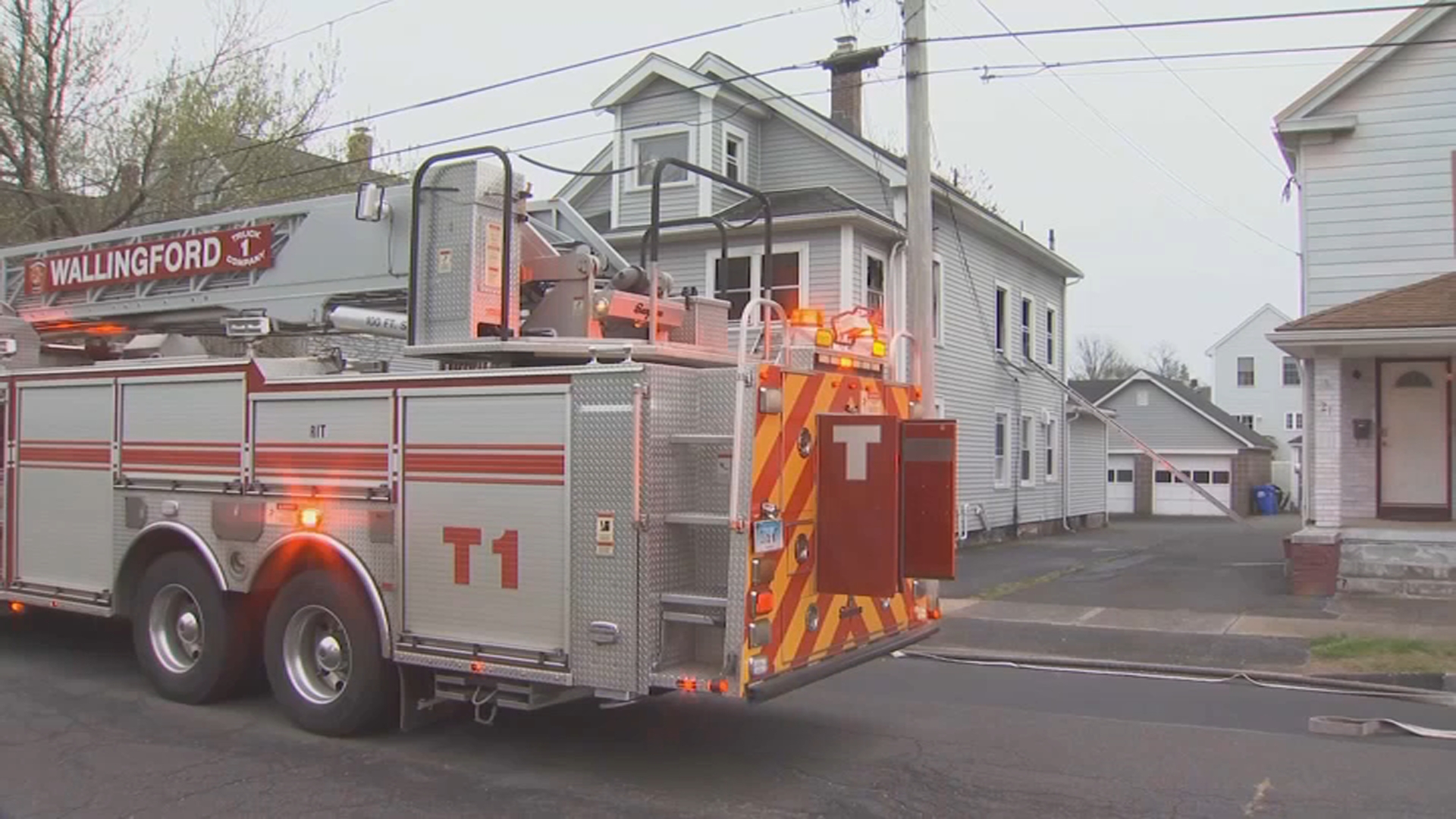This week’s Supreme Court nomination hearing before the Senate Judiciary Committee is significant in a number of ways. This is the first time a nomination hearing has been done both virtually and in-person.
The hybrid hearing is being held because two members of the senate judiciary tested positive for COVID-19.
“It’s unprecedented because it’s so close to the election. That’s certainly something that separates this,” said Dr. Gary Rose, chair of Sacred Heart University’s government department.
Rose explained that the process to replace a Supreme Court justice usually takes at least two months, and the hearings themselves, weeks. Amy Coney Barrett’s hearing is expected to be wrapped up Thursday with a vote by the full Senate before the presidential election on Nov. 3.
“A lot of Republicans do feel that Joe Biden has a very good chance of winning the election and there’s a very good chance that the Senate is going to flip to the Democrats and the last bolt work against a democratic control is the Supreme Court, that’s how important this is,” said Rose.
“The timing is sort of ironic and to democrats, it’s completely unfair,” said Quinnipiac Adjunct Law Professor John Pavia.
The first argument Barrett would hear goes right to the heart of the Affordable Care Act (ACA). The high court will take up the suit that could dismantle the current law, the week after the election.
Local
Barrett’s writings, criticizing earlier decisions by the U.S. Supreme Court to uphold the ACA, will likely come back to haunt her during questioning. A suit that could dismantle the law would be the first case Barrett would hear on the bench, as the high court is expected to hear arguments a week after the election.
“What she said as a law professor and in the articles she’s written, they’re going to use her own words against her,” said Rose. “They’re going to try to show that Obamacare now hangs on her appointment to the court and so does Roe v. Wade.”
However, Rose said he doesn’t expect her to take a position on any issue during questioning this week.
"The courts are not designed to solve every problem, or right every wrong in our public life,” Coney Barrett said in her opening statement.
Among the 22 members on the judiciary committee is Connecticut’s U.S. Senator Richard Blumenthal.
“Your nomination is about the Republican goal of appealing the Affordable Care Act, the Obamacare they seem to detest so much,” the Democrat said in his opening remarks.
Blumenthal shared the story of 10-year-old Conner Curran of Ridgefield who suffers from a severe form of muscular dystrophy called Duchenne. His family said it would be unable to afford his treatments without the current healthcare law.
“If we lost the protections of the Affordable Care Act, we could lose everything,” said Conner’s father Chris.
His family said one drug alone would cost them $100,000 a year without insurance. They said the law has protected their son from caps on coverage that would have cut off his care.
“Conner and others like him are why I will oppose your nomination,” Blumenthal told his fellow judiciary members.
“Senator Blumenthal saying his name today, I was so proud,” said Conner’s mother Jessica. “He’s a pioneer, Conner, and he’s a hero, and he really is a trailblazer.”
Last month, President Donald Trump signed an executive order protecting those with preexisting conditions, but legal scholars note there are loopholes for insurance companies.
“Anything that comes under an executive order just is never as rock-solid as something that comes before Congress and passed into law,” Pavia said.
The Curran family fears they'll hit the maximum if the lifetime caps on coverage return.
A genetic trial, that Conner was the first in the country to participate in, is expected to extend his life by five years.
The family hopes by that time, there will be a cure but if not they would likely have to pay for the therapy out of pocket once it’s on the market, they said.
“Connor will need this again and we’re talking three, four-million-dollar treatment and he most likely wouldn’t be able to get that. What he needs to survive,” said Jessica.
“All the drugs are astronomically expensive. Like just a standard steroid for Duchenne could cost us $100,000 a year,” Chris said.
“The one solace that people with preexisting conditions have is whatever happens at this argument, that’s going to happen after the election, it takes a while for the supreme court to render a decision, it could be as long as June. In that case, you could have a whole new president,” Pavia said.
Jessica hopes having her son's story shared on the national stage will make a difference not only for her family but for others.
“You never know when you're going to need it or somebody you love will need it and if it's not there, they're at a loss, they can't get what they need to survive,” she said.
Republicans need 51 votes to approve Barrett. So far, two members of their party have said they will not vote in favor of her nomination, saying the process should take place after the election. If Republicans lose one more vote, Vice President Mike Pence will cast the deciding vote.
Both Pavia and Rose think Barrett will more than likely be the next justice. The implications, they said, go beyond her lifetime appointment and they think the way Democrats question the nominee could have consequences on election night.
“They’ve got to be very careful in how they play this. I think the school of thought is they think she is going to get through so they’re really trying to place this so it has the maximum impact on election night,” said Pavia.
“Focusing on her position on issues is certainly fair game, but if in fact, they start to incorporate how she might interpret some legal issues based on her faith, that could actually work against them in the forthcoming election because Catholic voters are really a swing vote in American politics,” said Rose.



